Search
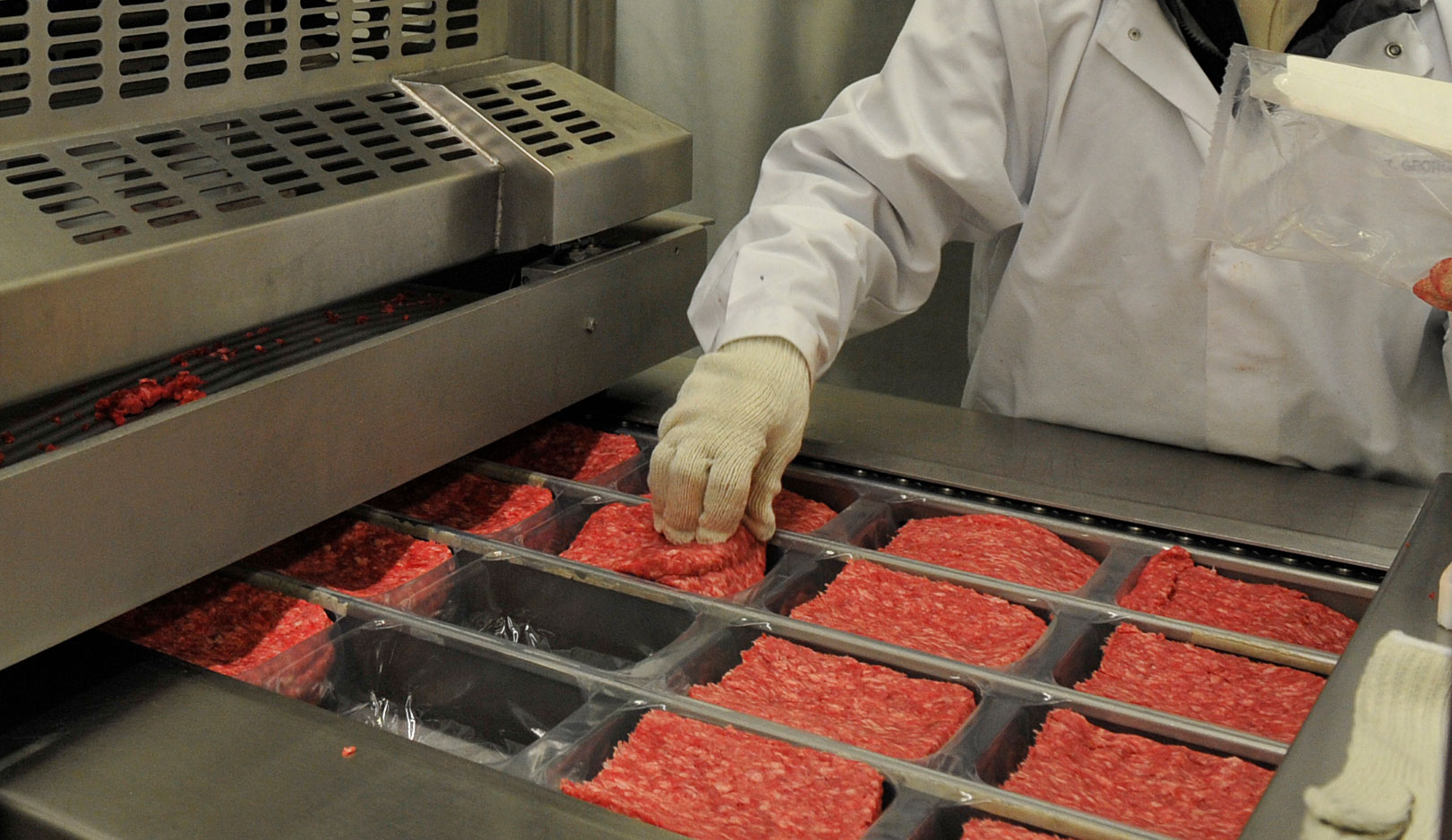
Meat Inspection in South Dakota: Requirements and Resources for Processing and Selling Meat
If you are considering marketing your animals directly to consumers it is important to understand the inspection requirements for selling meat directly to consumers.

Emerald Ash Borer Insecticide Treatment Options
Fact sheet about insecticide treatment options for protecting ash trees against emerald ash borer.
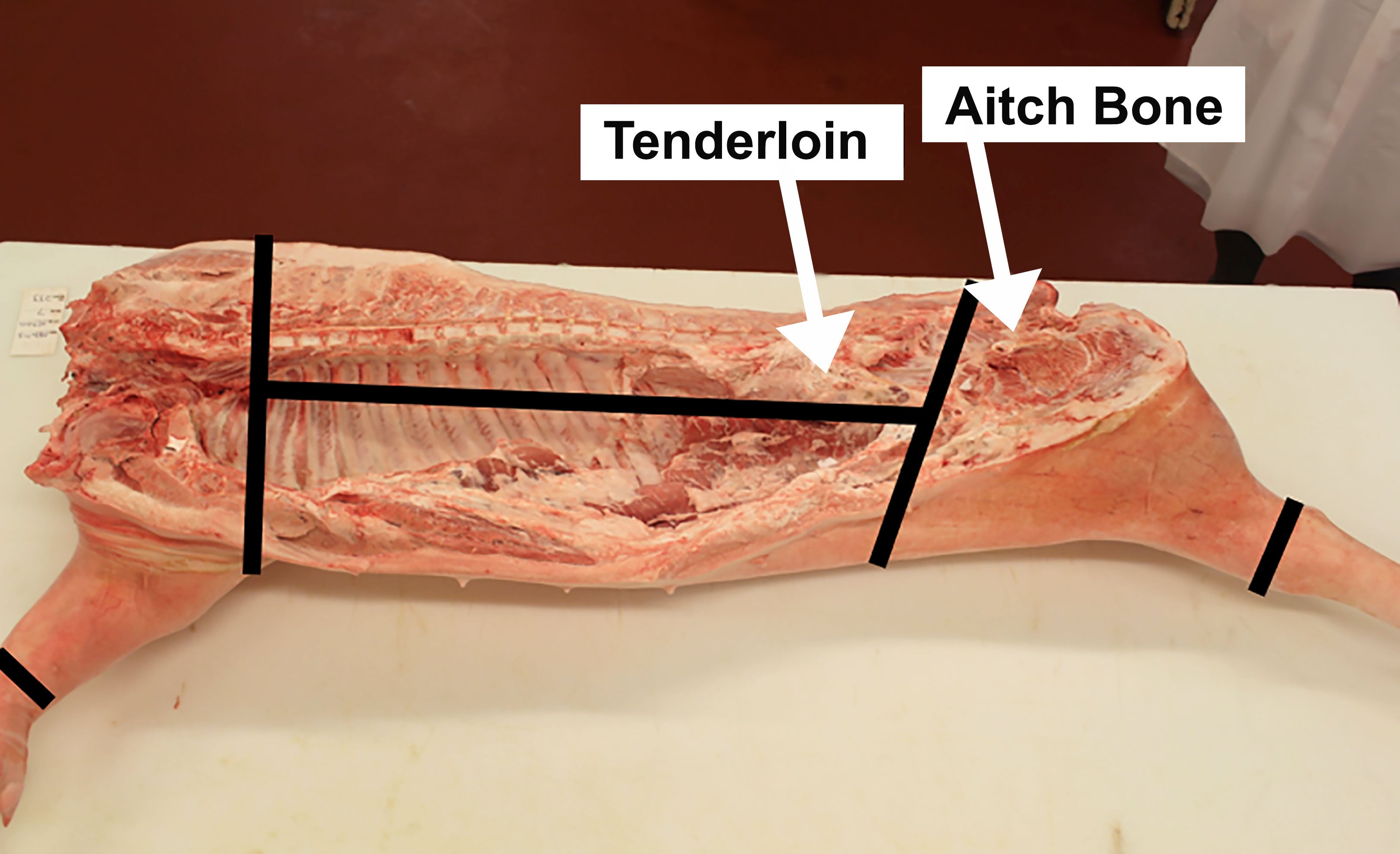
At-Home Hog Slaughter
One option to address supply chain disruptions is to butcher pigs at home.
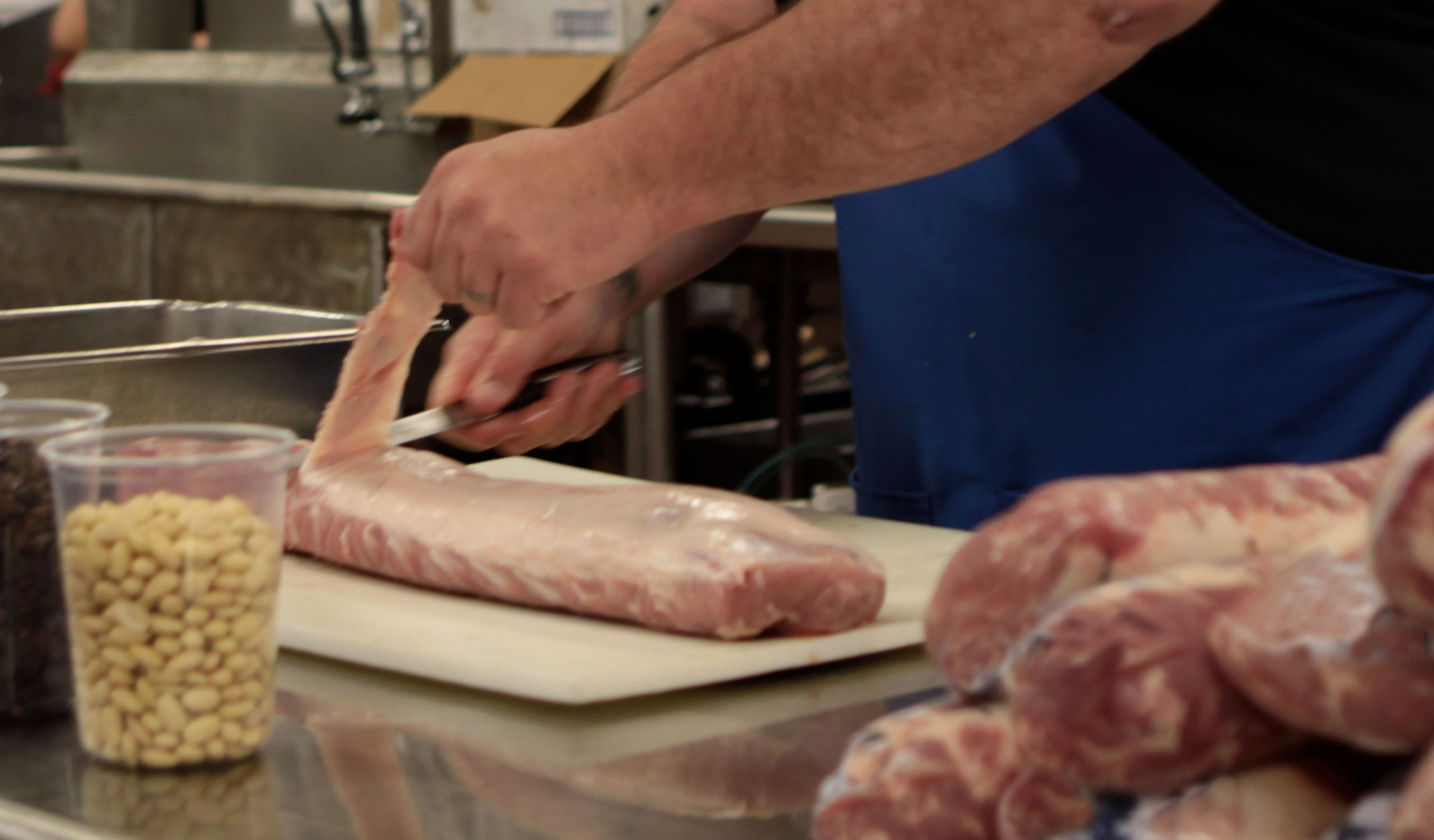
Pork Carcass Fabrication: Primal and Retail Cuts
This article is intended to provide guidance on the proper techniques for fabricating a pork carcass at home.
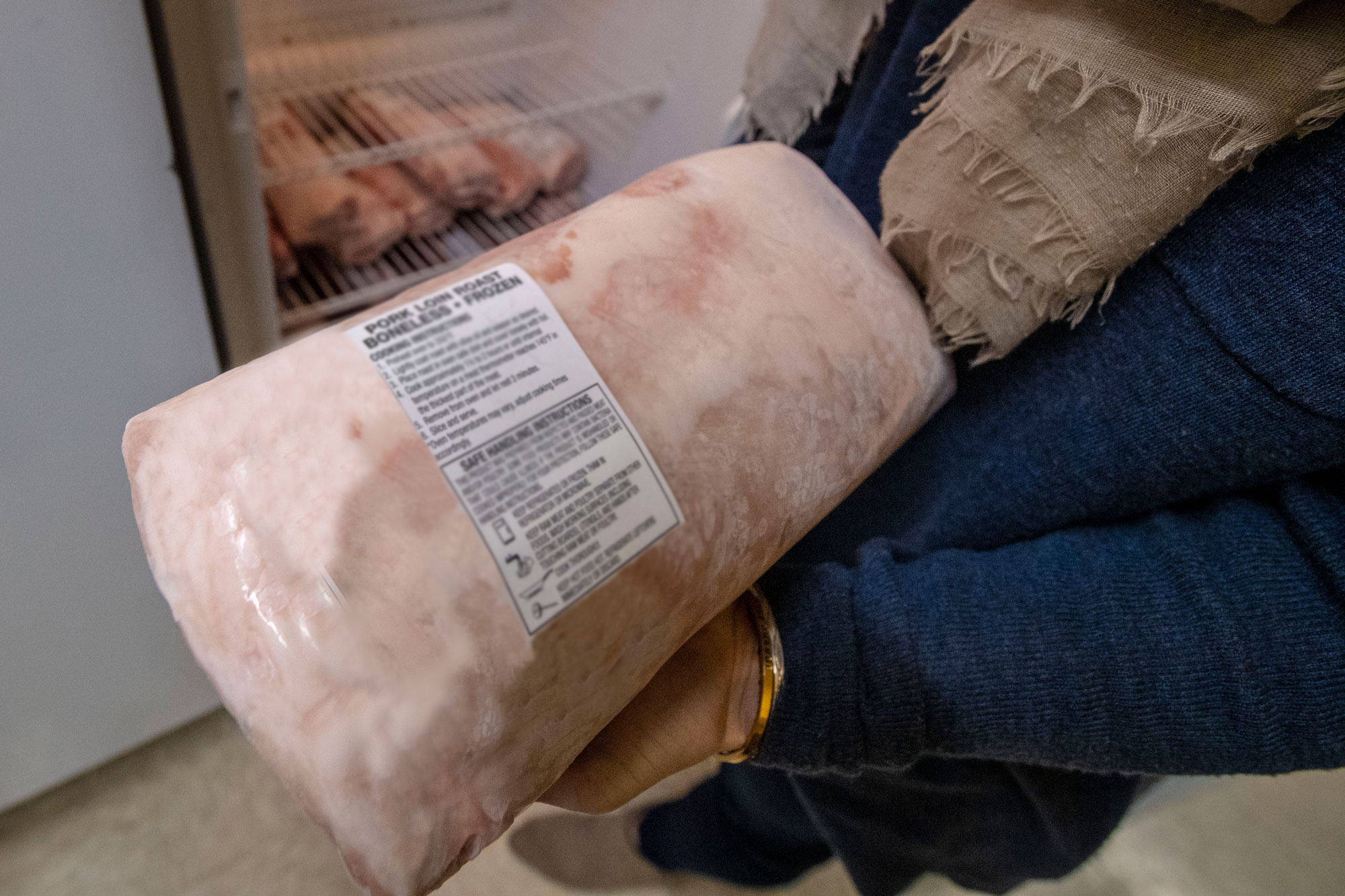
Pork Carcass Fabrication: Packaging and Meat Safety
This article is intended to provide guidance on the proper techniques for packaging meat and storing meat at home.

Safe Canning Recipes
One of the most common errors in home canning is not using a scientifically tested recipe. Canning a family recipe is risky as it can cause spoilage and foodborne illness.

Barley Variety Trial Results
In 2019, Barley trial was planted at one location in South Dakota.

Soybean Gall Midge in South Dakota
Fact sheet about soybean gall midge in South Dakota
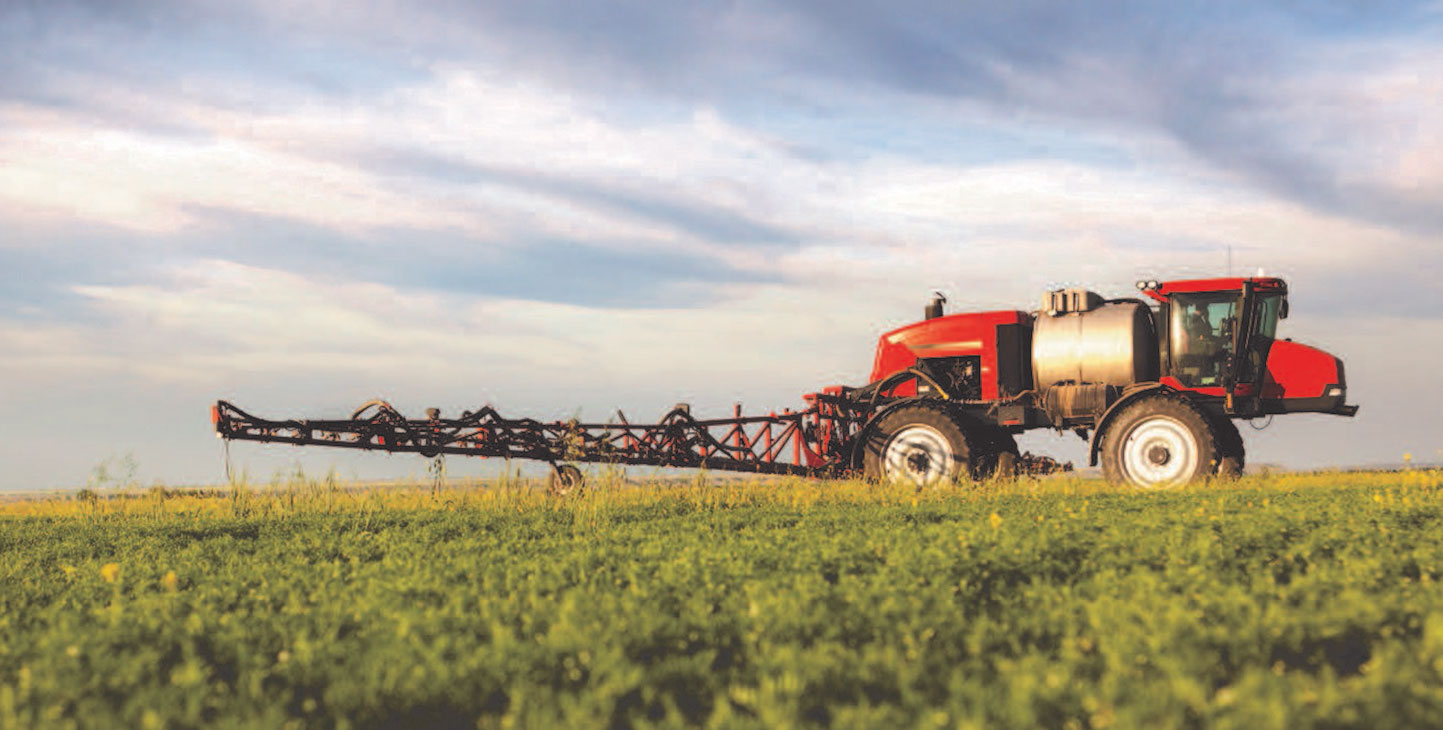
Commercial Pesticide Applicator Training
Those who apply pesticides for hire or as a government employee that applies pesticides while performing work duties, must have a commercial applicator license.
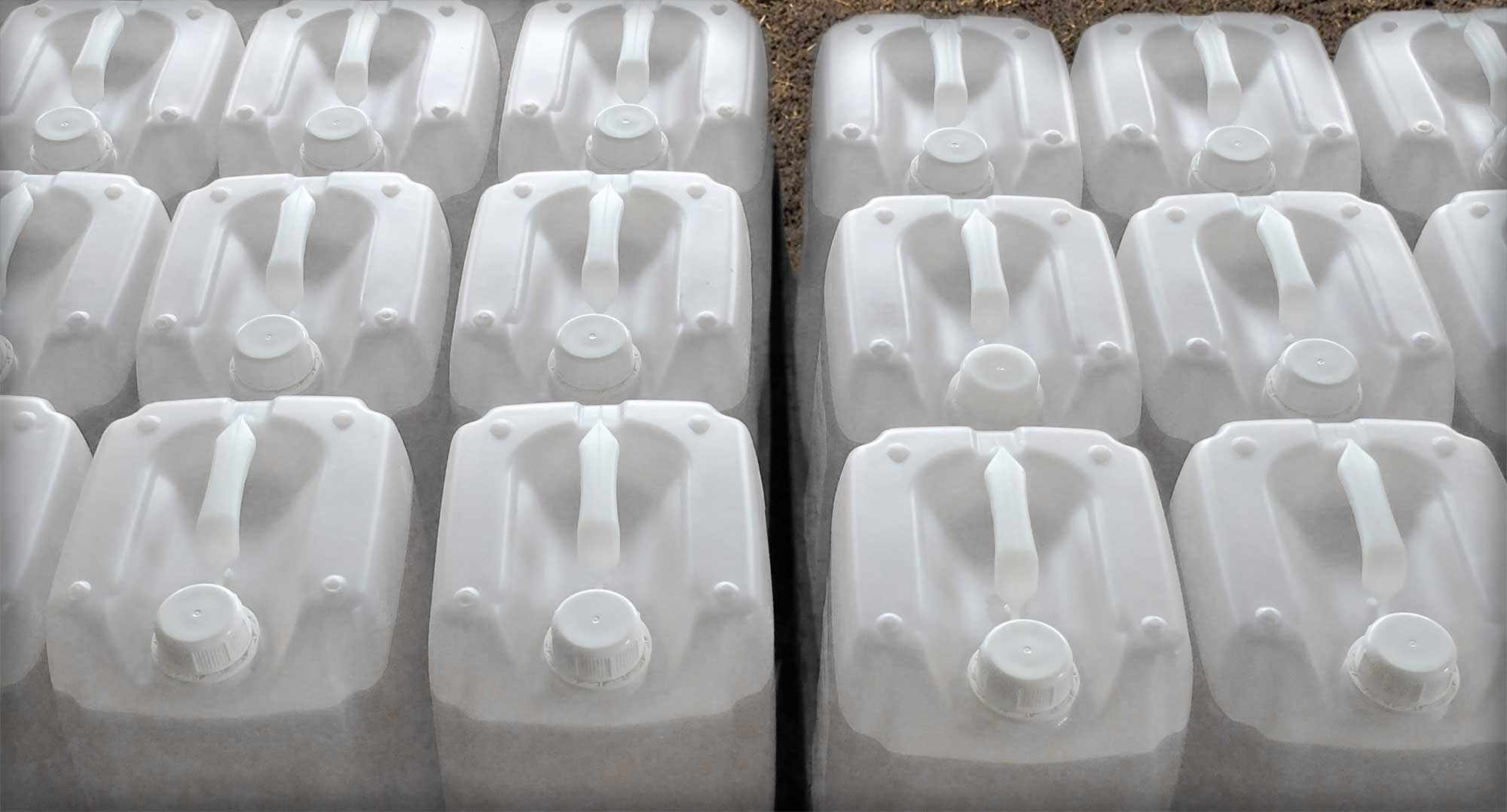
Private Pesticide Applicator Training
Private applicator certification is required before an agricultural producer can purchase or use a restricted use pesticide.